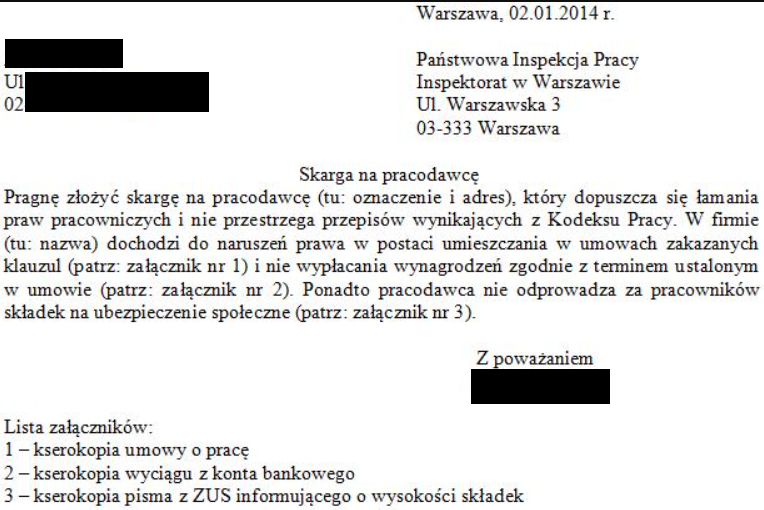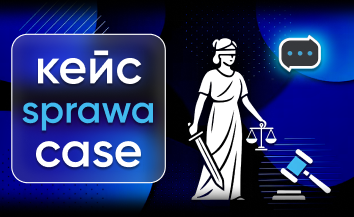My name is Igor Osipchuk, I am a lawyer from Warsaw. The key areas of law in which I have been practicing for 30 years are migration, civil, labor, criminal law, and public utilities law. I always focus on achieving concrete results and set high standards in my work. For me, it is important not only to complete the task, but also to ensure the best result that fully meets the expectations of my clients.
Input Data: A man approached me, who worked in a private company in Poland. He had not received his salary for several months of work, and the employer was not responding to his requests for payment. The man tried to resolve the situation on his own by contacting the management, but this did not bring any results. He sought legal assistance to resolve the problem and receive fair compensation for his work.
Problem: The main issue was that the employer violated labor laws by not paying the salary. Since this had been ongoing for several months, and attempts to resolve the matter through negotiations were unsuccessful, we sought a more effective way to protect the client's rights.
Solution: We decided to contact the Labor Inspectorate instead of filing a lawsuit, as the court process could take a significant amount of time. Contacting the Labor Inspectorate allowed us to resolve the issue quickly and effectively, as the Inspectorate can impose a fine of up to 30,000 PLN on an employer violating labor laws.
Documents Submitted:
- Copies of the client's employment contract.
- Correspondence with the employer regarding unpaid wages.
- Pay slips and other documents confirming salary payments.
- A complaint to the Labor Inspectorate describing the situation and demanding payment of the debt.
Result: After contacting the Labor Inspectorate, the employer agreed to pay the overdue amount. The Inspectorate imposed a fine on the company for violating labor laws. The client received his money, and the issue was resolved without the need to go to court, saving both time and money.
How to Receive Unpaid Wages?
- Contacting the Labor Inspectorate
The Labor Inspectorate — an agency that monitors compliance with labor laws. It has the authority to impose fines on employers and force them to pay overdue wages. This is a faster option compared to filing a lawsuit.
- Preparing a Complaint to the Labor Inspectorate
The complaint should include details of the employment relationship, facts of the violation, and attached relevant documents (employment contract, correspondence with the employer, payment documents, etc.).
- Gathering Evidence
For a successful review of the case, it is important to have documents confirming the fact of unpaid wages (for example, pay slips, copies of payment statements, correspondence with the employer).
- Receiving a Decision from the Labor Inspectorate
After submitting the complaint, the Labor Inspectorate will review the situation and, if a violation is confirmed, will require the employer to pay the debt. The employer may also be fined.
How a Lawyer Helps in the Salary Payment Process:
- Consultation on properly preparing and submitting a complaint to the Labor Inspectorate.
- Assessing the situation and determining the most effective way to resolve the conflict.
- Preparing necessary documents for submission to regulatory authorities.
- Representing the client's interests before the Labor Inspectorate and other government agencies.
- Monitoring the process of case resolution and assisting in obtaining compensation.
The process of resolving unpaid salary issues through the Labor Inspectorate can be a fast and effective way to protect employees' rights. With the right approach and the use of administrative tools, the client was able to receive their salary without the need for a lawsuit, which saved both time and resources.






























